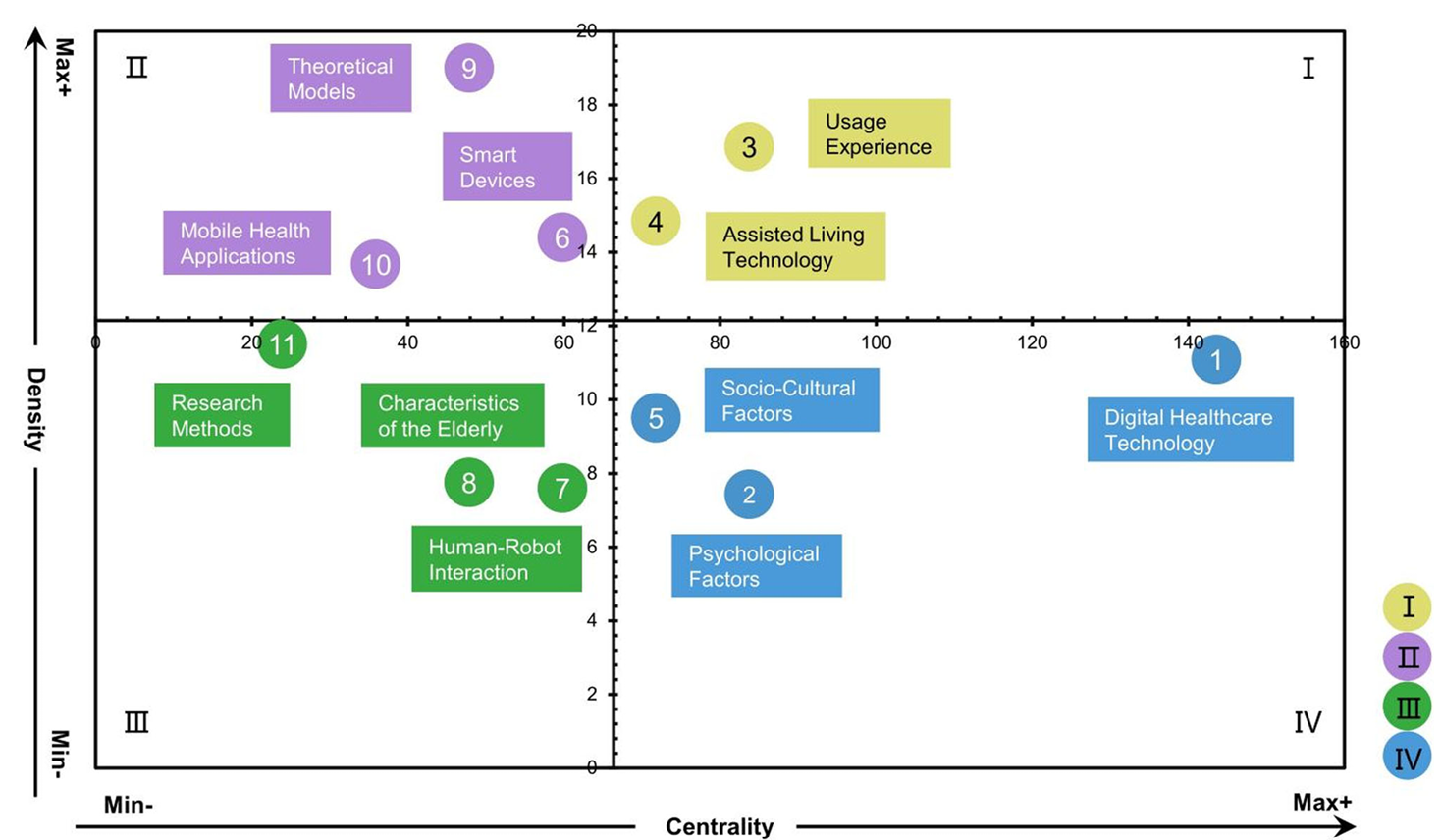
Introduction
The rapid advancement of information technology is closely linked to the growing trend of population ageing. By 2050, the global population aged 65 and above is projected to reach 1.6 billion, representing 16% of the total global population. This demographic shift presents significant challenges, yet emerging technologies hold immense potential to maintain health and independence for older adults. A recent study explored the acceptance of technology in elderly care, focusing on enhancing residential safety, improving living independence, and increasing medical accessibility.
Enhancing Residential Safety with Smart Home Technologies
Smart home technologies have increased residential safety for older adults. These innovations include automated lighting, security systems, and emergency response features. Smart home technologies can significantly reduce the risk of accidents and provide peace of mind for both the elderly and their families. For instance, motion sensors can detect falls and automatically alert emergency services. These technologies are not only practical but also user-friendly, ensuring that older adults can live safely and independently in their homes.

Improving Living Independence through Wearable Technologies
Wearable technologies have become essential tools for enhancing the independence of older adults. Devices such as smartwatches and fitness trackers monitor vital signs, track physical activity, and provide reminders for medication. Perez et al. highlight the benefits of these devices in promoting a healthier lifestyle among the elderly. Wearable technologies empower older adults to take charge of their health, offering real-time data and insights that can prevent potential health issues. Moreover, these devices are designed with simplicity in mind, making them accessible for users with varying levels of technological proficiency.
Increasing Medical Accessibility via Telehealth Services
Telehealth services have emerged as a crucial component of healthcare for older adults. These services provide remote consultations, reducing the need for frequent visits to healthcare facilities. It’s been found that telehealth significantly improves medical accessibility for the elderly, especially those with mobility issues or living in remote areas. Telehealth platforms enable older adults to connect with healthcare providers from the comfort of their homes, ensuring timely and effective medical care. This technology not only enhances convenience but also reduces the risk of exposure to infectious diseases.
Challenges in Technology Acceptance Among Older Adults
Despite the benefits, older adults face numerous challenges in accepting and using new technologies. Physical and cognitive limitations, lack of technological experience, and socio-economic factors can hinder technology adoption. Understanding these barriers is essential for developing user-friendly technologies that cater to the unique needs of the elderly. For instance, simplified interfaces, larger text sizes, and voice commands can make devices more accessible. Furthermore, providing training and support can help older adults build confidence in using new technologies.
Conclusion
The integration of technology in elderly care has the potential to significantly enhance health and independence. Smart home technologies, wearable devices, and telehealth services offer practical solutions to the challenges faced by older adults. However, ensuring user acceptance and addressing barriers to technology adoption are critical for the successful implementation of these innovations. By focusing on the unique needs of the elderly, we can create a more inclusive and supportive environment that promotes their well-being and quality of life.
